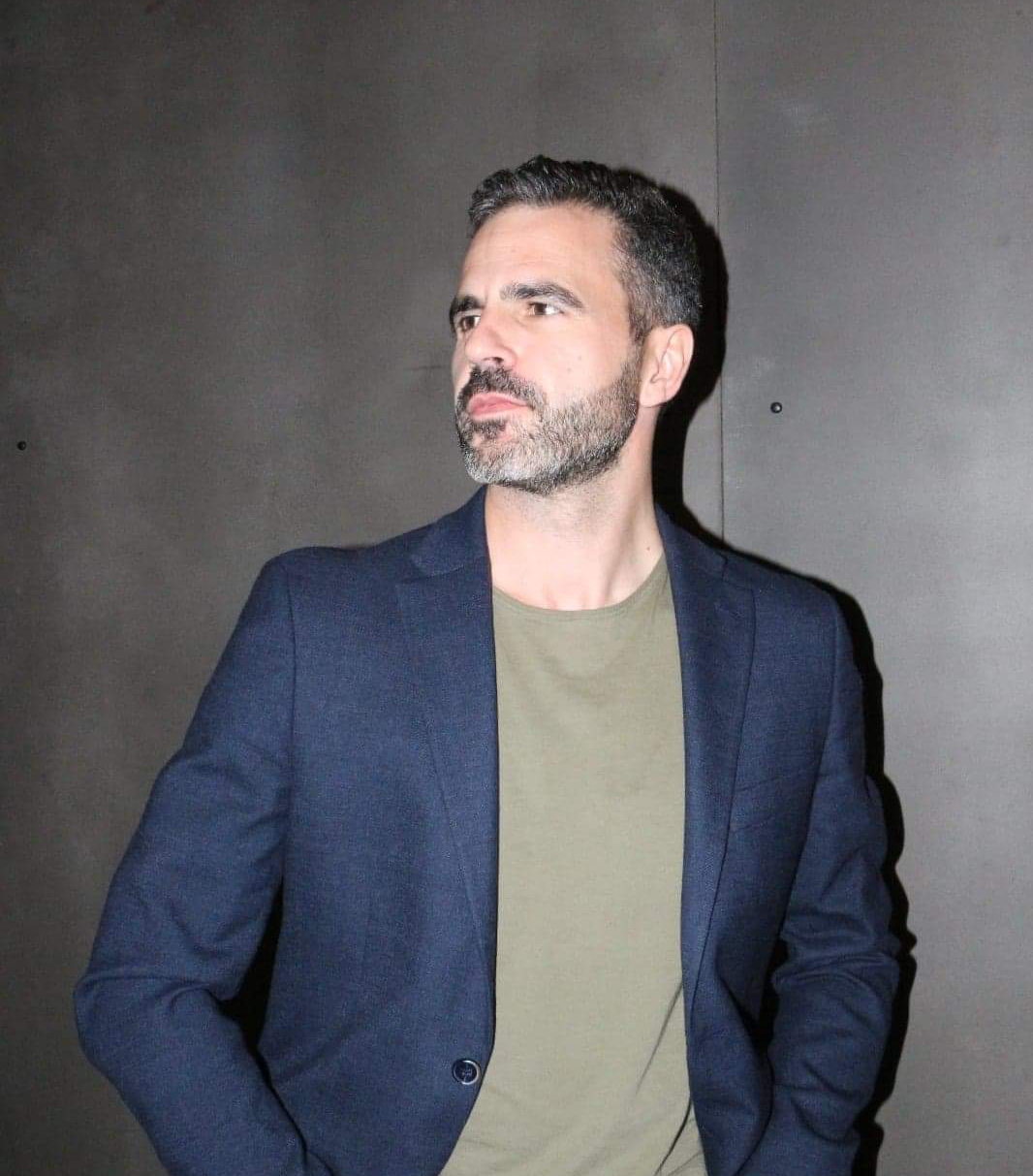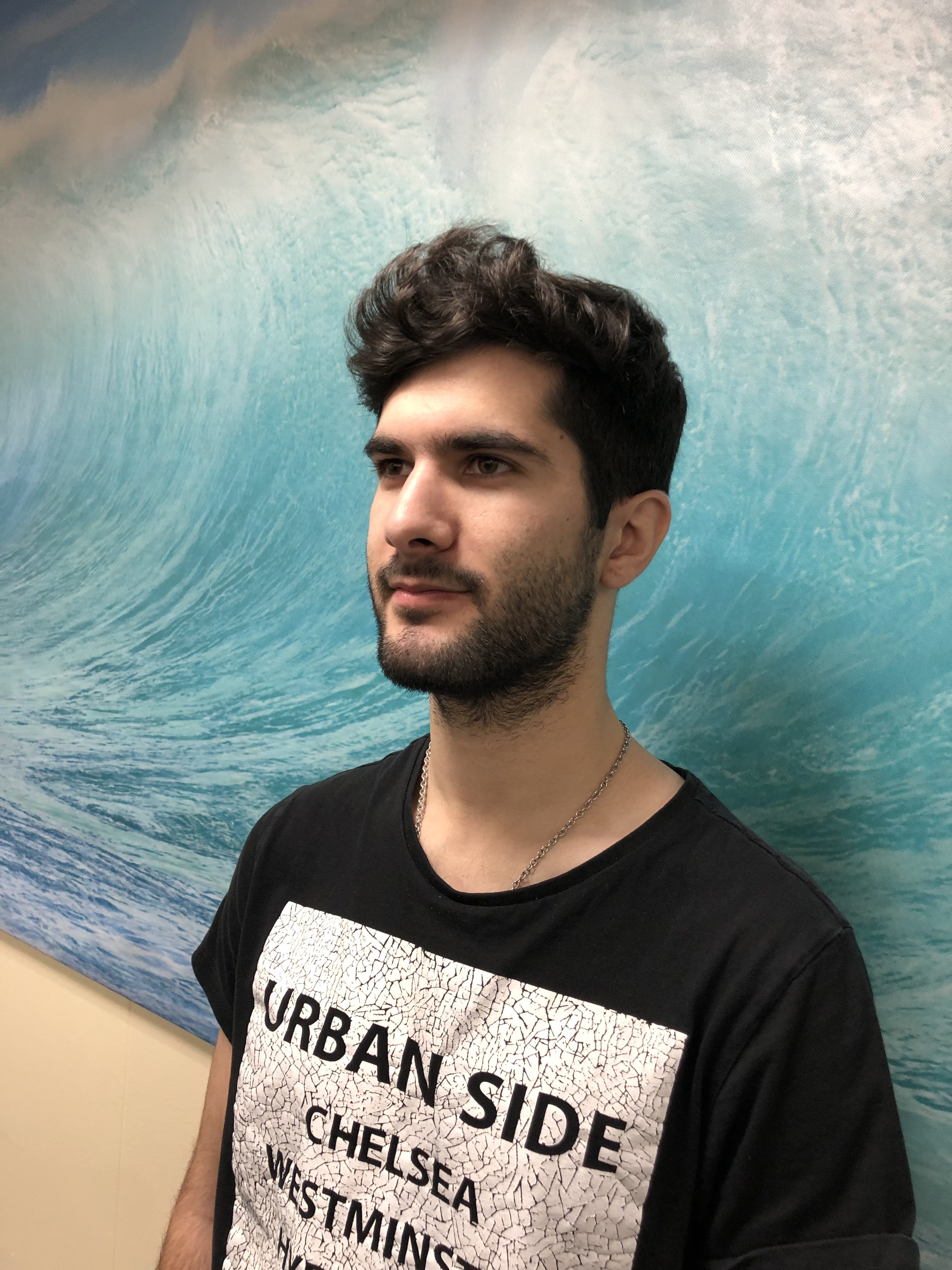At its core, the job market is a problem of supply and demand. Today’s tight labor market is a global issue, in which there’s more demand than ever for qualified workers on all levels of the workforce. This demand pressure means that traditional and non-traditional agencies alike can charge higher fees than ever and still fail to deliver the candidates that best fit a company’s unique needs. Newton Labs, a startup co-founded by Helder Silva and Rui Costa, is seeking to solve this disconnect by improving how supply and demand interact within the labor market, both in terms of quality recruiting and resource efficiency. Their solution: artificial intelligence.
“I think that recruitment will be completely reshaped by AI,” said Silva. “A more scientific approach should dramatically improve the quality of hires in terms of reduced time, higher productivity, lower attrition and better return on investment of recruiting.”

Newton is the second product of the partnership between Costa and Silva, which began in 2016 at a Microsoft hackathon in Portugal. After taking part in the Oxford Innovation Acceleration Program, the pair originally created a platform for universities to connect to and engage with alumni but were frustrated by the bureaucracy of working with universities.
“We’d have a meeting with a university where they’d tell us that they liked our product but wanted us to add more features and come back and talk again in six months,” said Costa.

The part of their previous enterprise that gained the most traction was an online jobs board that let companies both reach and meaningfully engage with the alumni of particular universities. Working with companies who were motivated to find candidates quickly for their positions was a new experience for Costa and Silva who were used to the slow pace of their partnerships with universities.
After stepping back and examining how things were going, Costa and Silva realised that they could work more quickly and have a bigger impact by focusing their efforts just on making the job market easier to navigate. Both for young professionals otherwise lacking the proper tools to find the right job opportunities and for companies that may not have their own HR departments or are expanding rapidly. Connecting well-fitting candidates to companies that don’t have the resources for successful recruitment and hiring could help companies save time and job seekers find meaningful work more suited to their skills.
Their ability to discover the five to ten candidates who best fit the position is what distinguishes Newton. This selection of interested qualified candidates can make all the difference for start-ups and scale-ups who want high quality talent but have more important things to do than devote hours of manpower towards sorting through resumes and cover letters, all to discover that some of their top choices may not even be interested in the position anymore.
Ultimately though, Newton’s goal is to do more than just speed up the process of candidate identification for companies and emerging start-ups.
“With more time and data, we can reduce part of the unemployment problem,” said Silva. And in addition to that, deploying AI should “reduce reliance on human bias and promote transparency in the recruitment process.”
The opportunity to minimise bias is one of the most exciting implications of Newton’s algorithmic approach to the hiring process. The Newton service is blind to race, ethnicity, age and other factors which could negatively influence human recruiters that are filtering through hundreds of resumes. Instead, Newton is able to remove possible biases and match prospective employees with positions purely based on how well their skills would allow them to succeed in the new position.
Another benefit of Newton’s method is that it is highly adaptable and can be applicable to a global context. So far, Newton has focused on the US job market, with an emphasis on the Bay Area. They have landed clients like Nike Innovation, Sumitomo Life Insurance, Sonae IM, and more. But they’re not stopping there, asthey are currently eyeing international expansion into the European market of Portugal. Additionally, they are working towards establishing a presence in the Asian job market after receiving an investment from the Will Group, a publicly traded Japanese HR company. Though adapting their technology to foreign contexts can present unique challenges, both Costa and Silva are eager to help both companies and job-seekers all over the world find their best possible fits.
In other words, Newton is primed to be a transformative force in hiring allowing companies to find qualified candidates without sacrificing efficiency or resources, and thus giving the ability to allocate more of their resources to their success.
Note: This article is sponsored by one of our advertisers. The Daily’s news and opinion teams were not involved in the production of this article in any capacity.
